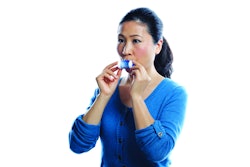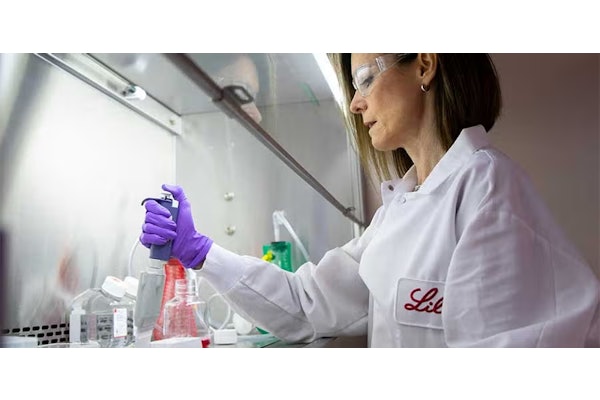This content was written and submitted by the supplier. It has only been modified to comply with this publication’s space and style.
Appropriate testing for the presence and growth of microorganisms, training of personnel handling materials and aseptic operating conditions and equipment are just some of the factors associated with the control of microbiological contamination during pharmaceutical product manufacturing. By taking necessary precautions and steps to keep the potential for contamination in check, manufacturers can help to ensure that the quality of their products—and ultimately, patient safety—is not compromised.
On March 18-19, 2013 in Rockville, Md., the United States Pharmacopeial Convention (USP) will host a workshop, “Microbiological Control of Compendial Articles,” focused on quality standards related to microbiological contamination and bioburden control. Microbiologists, quality control/quality assurance specialists, compliance personnel and regulatory experts will be on hand to discuss USP’s current and proposed standards for microbiological contamination, sterility testing, compounding and other relevant topics. A scientific, nonprofit organization, USP develops standards for the identity, strength, quality and purity of medicines and their ingredients. The workshop will highlight current and proposed USP public standards focusing on topics relevant to microbiological contamination and bioburden control, for sterile as well as nonsterile pharmaceutical products.
“USP’s workshops offer stakeholders an opportunity to come to the table and share their current thinking about critical quality issues related to medicines,” according to Srini Srinivasan, Ph.D., executive vice president of USP global science and standards. “We are keenly aware of the dramatic impact microbiological contamination can have on drug quality, and having stringent practices for controlling contamination during pharmaceutical manufacturing is one of the most important ways that standards can help to protect the patient.”
USP’s workshop will feature a discussion on product quality requirements as they relate to patient risk. Speakers from the U.S. Food and Drug Administration (FDA), USP and industry will address how standards and regulations should be based on quality requirements for pharmaceutical products that reflect the risk associated with their administration to patient populations.
Rapid sterility tests as alternatives to traditional sterility tests based on microbiological growth will be the focus of another workshop session. Conventional tests for product sterility typically require a 14-day incubation period to allow for microbial growth and enumeration. However, in many circumstances, sterile products—which include cell-based therapies, radiopharmaceuticals, regenerative medicines and some compounded drugs—must be made and administered to a patient within a short amount of time; at times, a 14-day sterility test is not feasible. Workshop participants will discuss rapid methods as alternatives for sterility testing based on microbiological growth and will receive an update on USP’s proposed general chapter on rapid sterility tests. Also included is a roundtable session which will address recent contamination-related issues in sterile compounding.
USP is currently engaged in developing general information chapters providing detailed guidance for specific sterilization processes for official adoption in USP’s compendia of published standards—the United States Pharmacopeia and the National Formulary (USP–NF). Updates on the current status of these general chapters will be provided during the workshop. An additional workshop session on bacterial endotoxins will include discussions on FDA’s 2012 question and answer guidance on pyrogen and endotoxins testing, issues to be considered in endotoxin limits for large volume parenterals and USP’s standards-setting activities related to depyrogenation.
Registration is available at a rate of $900 for industry and $450 for associations/government/academia. Group discounts are also available. For information about the workshop, go to: http://uspgo.to/microbiology-workshop. For a videotaped interview on the workshop with the chair of USP’s Microbiology Expert Committee, go to: http://uspgo.to/Z24jwG.
Members of the media interested in registering for the event for free may contact Theresa Laranang-Mutlu at [email protected].






















